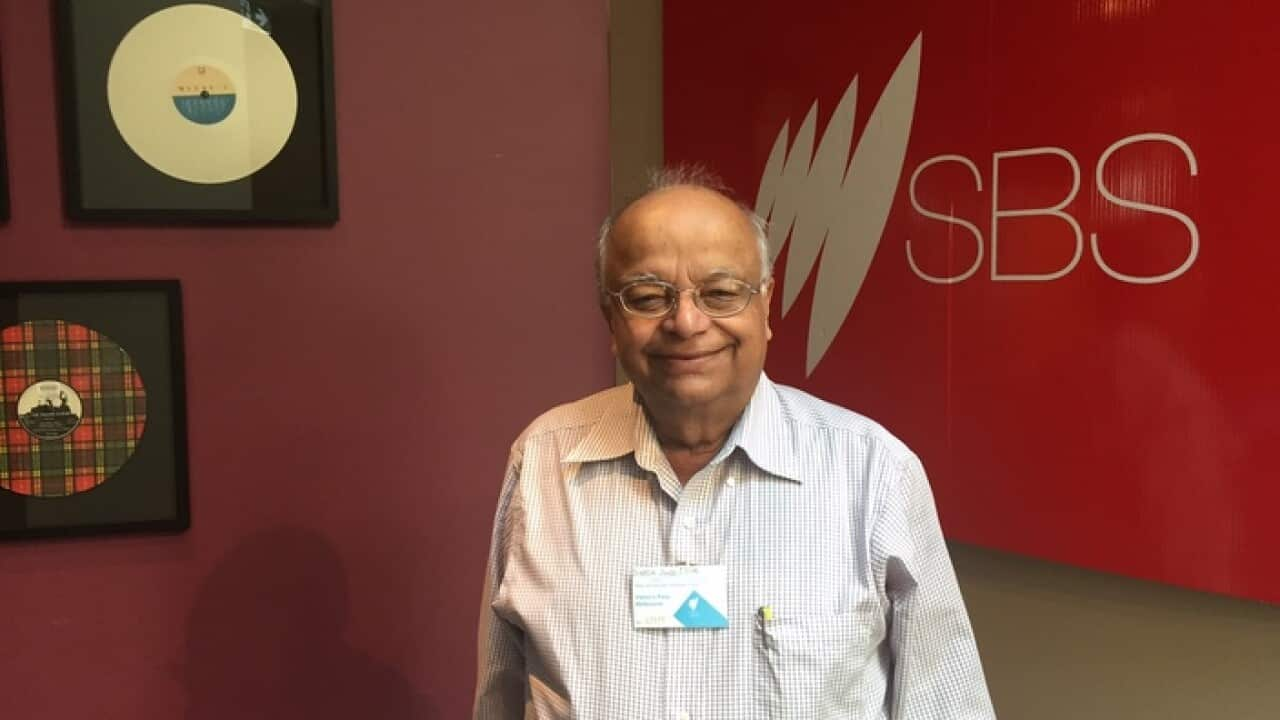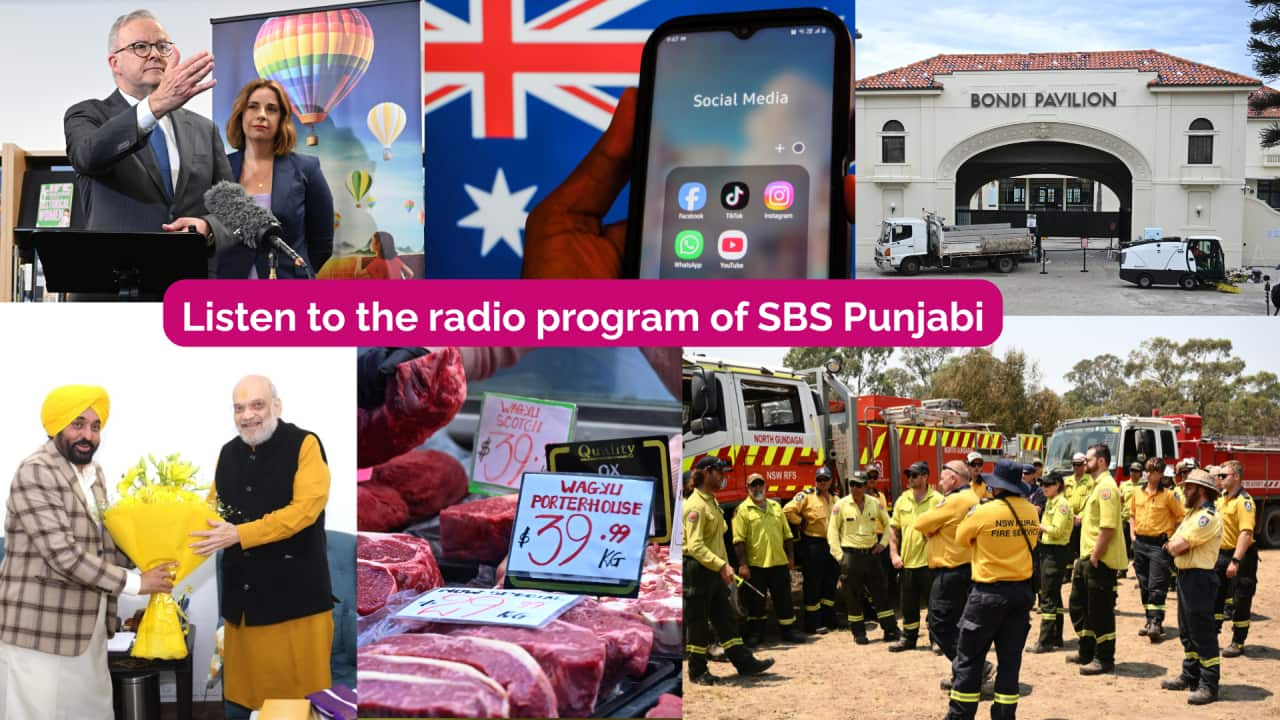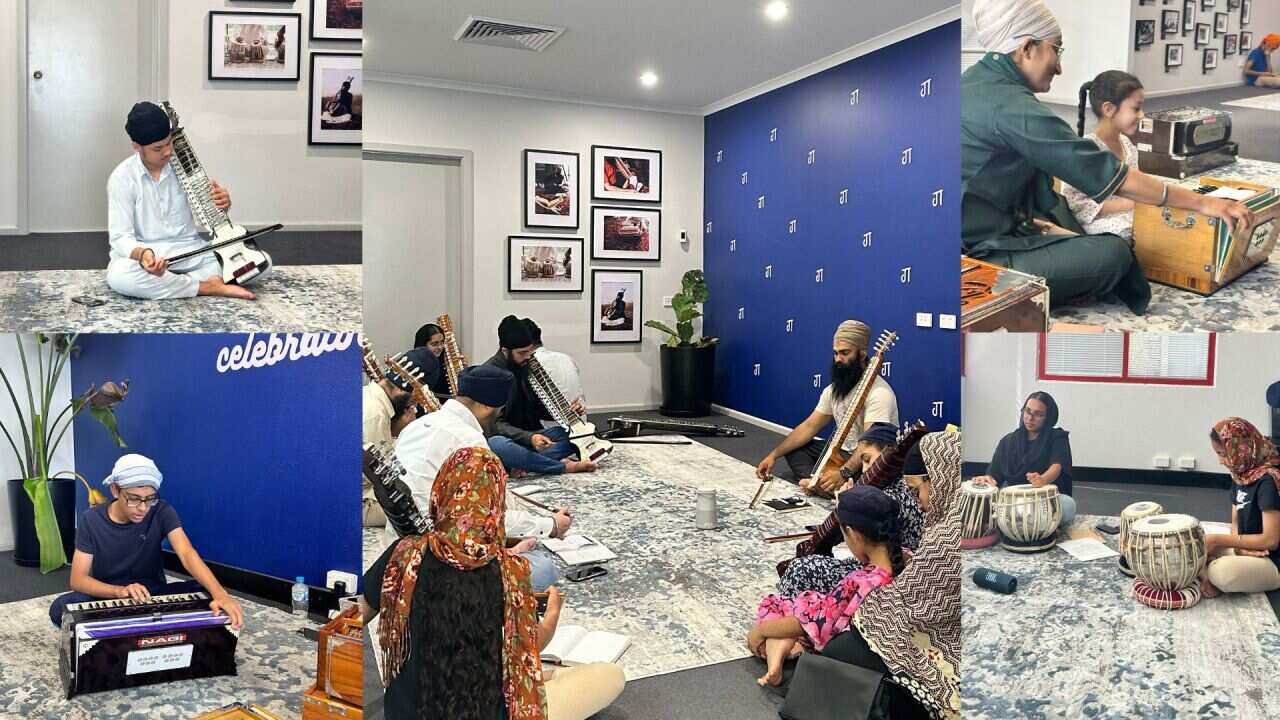Angelos Angeli's mother is a non-English speaking Greek-Cypriot refugee living in Melbourne's north-western suburbs.
Since her husband's death six years ago, the 82-year-old requires in-home care for a range of conditions including diabetes and poor eyesight.
She was receiving help from Greek-speaking carers but when none became available, Mr Angeli says his mother's quality of life deteriorated rapidly.
Well it instantly made her socially isolated effectively unfortunately. Basically the worker would attend, they couldn't communicate, or the communication was very limited. It probably made her just socially isolated would be the best way and lonely. It was really difficult for mum to communicate and get her needs or her wants and her needs met I should say. Especially around attending GP clinics or attending, going to see my dad's gravestone or buying anything from the local shop because she couldn't communicate what she wanted.
Listen to SBS Punjabi Monday to Friday at 9 pm. Follow us on Facebook and Twitter.







